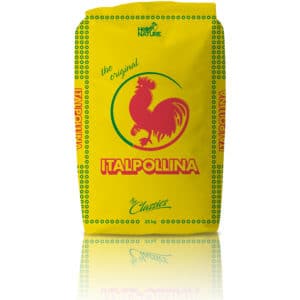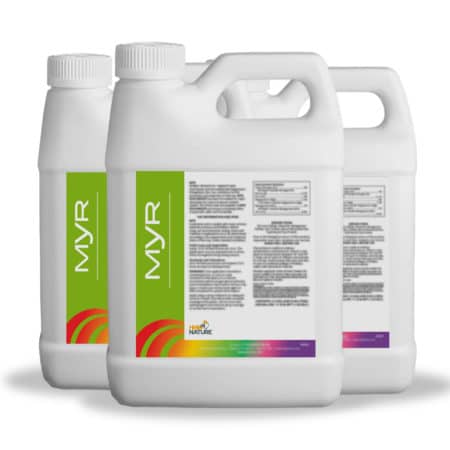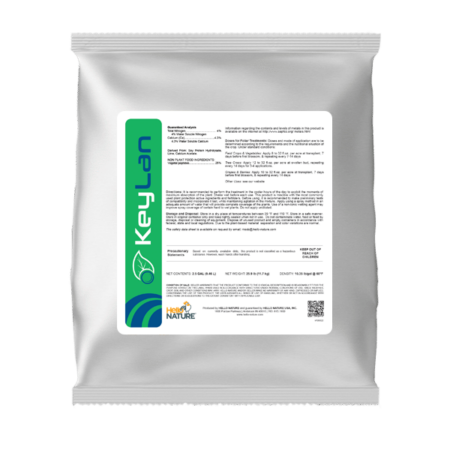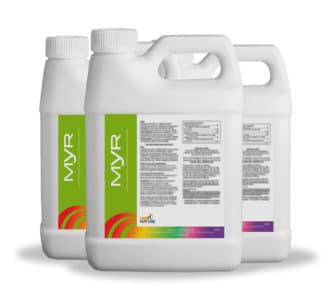● Before sowing/transplanting
● Sowing or transplanting
● Dormancy/before budding of trees
Industries: Row crop growers, greenhouse, nursery, landscape, horticultural, vegetables industrial crops, arboriculture, viticulture, medicinal plants
Nitrogen (N)
Plays a very important role in various plant physiological processes. It imparts dark-green color in plants, promotes leaves, stem and other vegetative part’s growth and development. Moreover, it also stimulates root growth. N produces rapid early growth, enhances the growth of leafy vegetables, and increases protein content of fodder crops.
Potassium (K)
Is vital for plant metabolism. It helps in the development of a strong and healthy root system and increases the efficiency of the uptake and use of nitrogen and other nutrients. K helps photosynthesis, regulates the water status in the plant and plays an essential part in the formation of starch and in the production and translocation of sugars. K not only increases yields but also enhances fruit quality, improving flavor and color and increasing the size.
Organic Matter
Primarily composed of carbon, organic matter in soil has direct benefits for agricultural production. Soil organic matter plays a vital part in enhancing soil fertility and quality, on three levels: chemical (capacity to store and supply essential nutrients), physical (improve soil structure and water holding capacity), biological (enhance biodiversity, improve microorganisms’ activity, and capture carbon).
Phosphorus (P)
Is essential in photosynthesis and respiration. Seeds have the highest concentration of P in a mature plant, and P is required in large quantities in young cells, such as shoots and root tips, where metabolism is high and cell division is rapid. P aids in root development, flower initiation, and seed and fruit development.

















